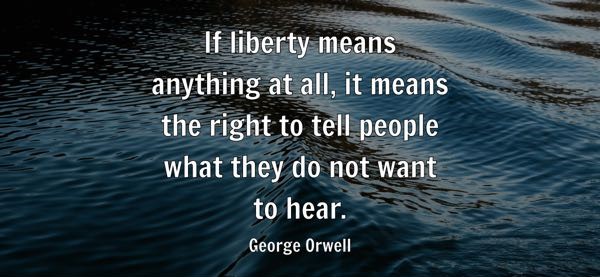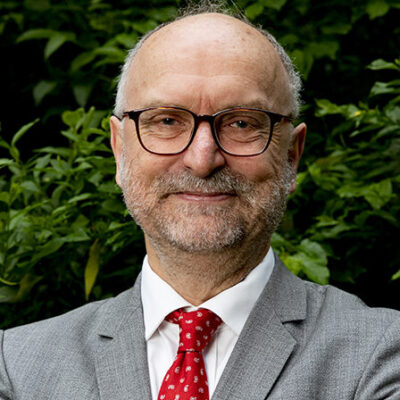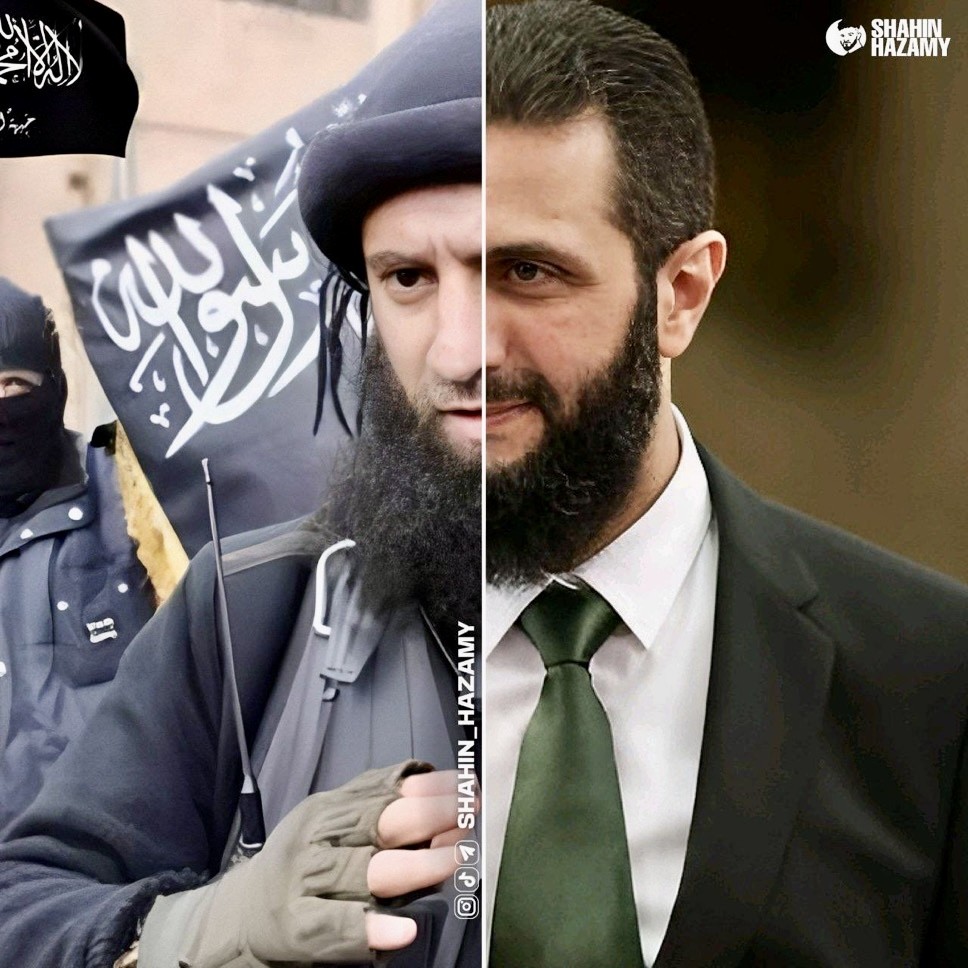
Dutch Deputy Prime Minister Mona Keijzer recently caused a media storm with a blunt statement about the “hatred of Jews” in Islamic culture. The recently installed minister in The Netherlands’ first so-called “far-right government” said on TV that “hatred of Jews is almost part of Islamic culture”.
By Paul Cliteur
Soon after Keijzer’s media performance, public opinion split into two opposing views. The first stamped Keijzer’s remark as outrageously stereotyping, Islamophobic, racist, and polarising, and she should, consequently, be prosecuted and condemned.
The second camp found that Keijzer had “every right” to take such a position. A position that could be defended on sound grounds. Keijzer also claimed to have empirical evidence that hatred of Jews was widespread in Islamic culture.
It is a turbulent time in the Netherlands since anti-Islam populist Geert Wilders won last year’s general elections. Earlier this month, Wilders saw ministers from his party sworn in for the first time since he launched his Freedom Party (PVV) in 2004.
Far-right leader Wilders is not part of the government, but his shadow will loom as he continues leading his party from parliament.
Charges against Keijzer
Charges were brought against Keijzer, as Dutch law (in Art. 137c of the Penal Code), like many other European jurisdictions, grants legal protection to minority religious groups against insult. One may not make insulting remarks about a group because of, among other things, that group’s religion. And wasn’t this precisely what Keijzer had done?
Two interests collide in this issue.
One interest is that of a state in which the citizenry is not divided by all sorts of internal conflicts, in which citizens do not take each other to task because of hard-to-resolve issues. The question formulated here about the cultural component of Jewish hatred is just one of many examples.
The other interest is a free inquiry into critical moral questions, such as the origins of mutual hatred and envy that divide citizens.
The latter interest is protected by Article 18 of the Universal Declaration of Human Rights (1948). Free thought is central to it. A result of Art. 18 is the subsequent 19 UDHR, which places the freedom of expression at the heart of human rights discourse.
The first interest (avoid conflicts) is protected by various legal provisions protecting certain groups from insulting and hate speech towards them. These include groups deemed to have a vulnerable status: ethnic groups, religious minorities, sexual minorities, or people with disabilities.
The first and second interests are hard to reconcile.
The centrality of the first interest (protection of minorities) has increasingly defined the cultural climate in recent decades. And at first glance, there seems nothing wrong with that either.
But that is pretence because freedom of thought and expression are thus getting further and further into jeopardy. This is harmful because any scientific, religious, or cultural improvement results from criticism. Make criticism impossible, and you make progress impossible.
Particularly in a global culture where people from different cultures can communicate with each other, it is essential that intercultural exchange, including critical exchange, remains possible. Yet, it seems increasingly difficult nowadays to name and evaluate cultural differences.
Huntington and cultural criticism
Cultural criticism examines and criticises cultures. As mentioned, it is hugely important because it can encourage us to improve our cultures.
A well-known typology of cultures comes from US political thinker Samuel Huntington. In 1993, Huntington (1927-2008) wrote his essay on the “Clash of Civilisations”. So Huntington himself spoke not of “cultures” but of “civilisations.” For the line of my argument, however, this makes no difference.
Huntington elaborated on his thoughts three years later in The Clash of Civilizations and the Remaking of World Order (1996). Huntington contrasted eight different civilisations, namely the:
1. Confucian,
2. Japanese,
3. Islamic,
4. Hindu,
5. Slavic Orthodox,
6. Latin American,
7. African
8. as well as Western civilisation.
In the ensuing discussion, all attention was focused on Huntington’s signalled “clash” of Western and Islamic civilisation. This clash surprised and alarmed many. Still, it is necessary to note that cultural differences exist, and you can discuss what those cultural differences are. And how you think about them. You can also express a preference for one culture over another. Those who believe that all cultures are equally beautiful and essentially the same (“cultural relativism”) are walking with their heads in the clouds.
Questions like “Is Jew-hatred more prevalent in Islamic culture than in other cultures?” should be allowed to be raised and discussed. Arts 18 and 19 of the UDHR should remain guiding principles in protecting that freedom. Questions like “Is Islamophobia more prevalent in Western culture than in other cultures?” should also be able to be raised and answered.
Even when it is “offensive” to some people within those cultures? I think so. Avoiding “offensive questions” or “offensive answers” to those questions should not become leading. “To be able to think, you have to risk being offensive”, Canadian psychologist Jordan Peterson once observed.
This was once also the position of the European Court of Human Rights in Strasbourg.
This court stated in Handyside v. United Kingdom, 1976: “Freedom of expression... applies not only to ‘information’ or ‘ideas’ that are favourably received or regarded as inoffensive or as a matter of indifference but also to those that offend, shock or disturb the State or any sector of the population.” George Orwell wrote in the same vein.

I conclude by reproducing the literal text of article 137c Sr. It reads as follows:
“He who (...) intentionally makes offensive remarks about a group of people because of their race, religion or belief, heterosexual or homosexual orientation or physical, mental or intellectual disability shall be punished (...)”.
Under current circumstances, these are dangerous articles. European nation-states would do well to consider the downsides of these articles. The Dutch Deputy Prime Minister Keijzer deserves our praise for wanting to take the “risk of being offensive” in line with Peterson’s words. To protect the ability “to think”. She has said something “what people do not want to hear” (Orwell). This is important because the best way to protect freedoms is to make use of them.
However, perhaps we should do more to ensure that Articles 18 and 19 of the UDHR remain critical cultural assets. Maybe the articles on actionable group insults should be scrapped. Consider the disadvantages over the advantages.
So, whether Jew hatred is more prevalent in Islamic culture is a question that should be allowed to be raised and debated. As is the question of whether Muslim hatred is more prevalent in Western culture than in other cultures. In that light, isn’t raising the question of hatred of Jews within Islamic culture an expression of hatred of Muslims?
On the contrary, it simply asks an interesting and important question.






